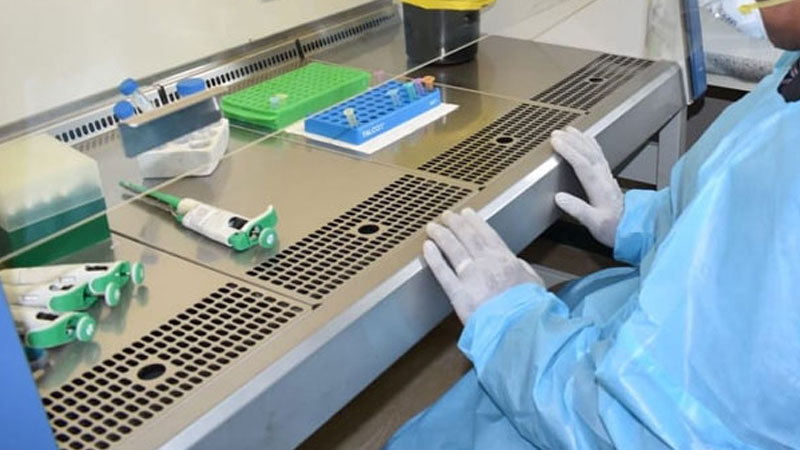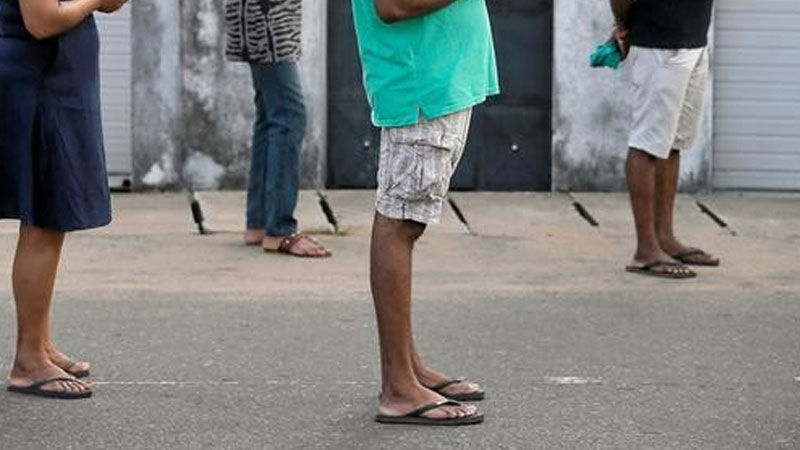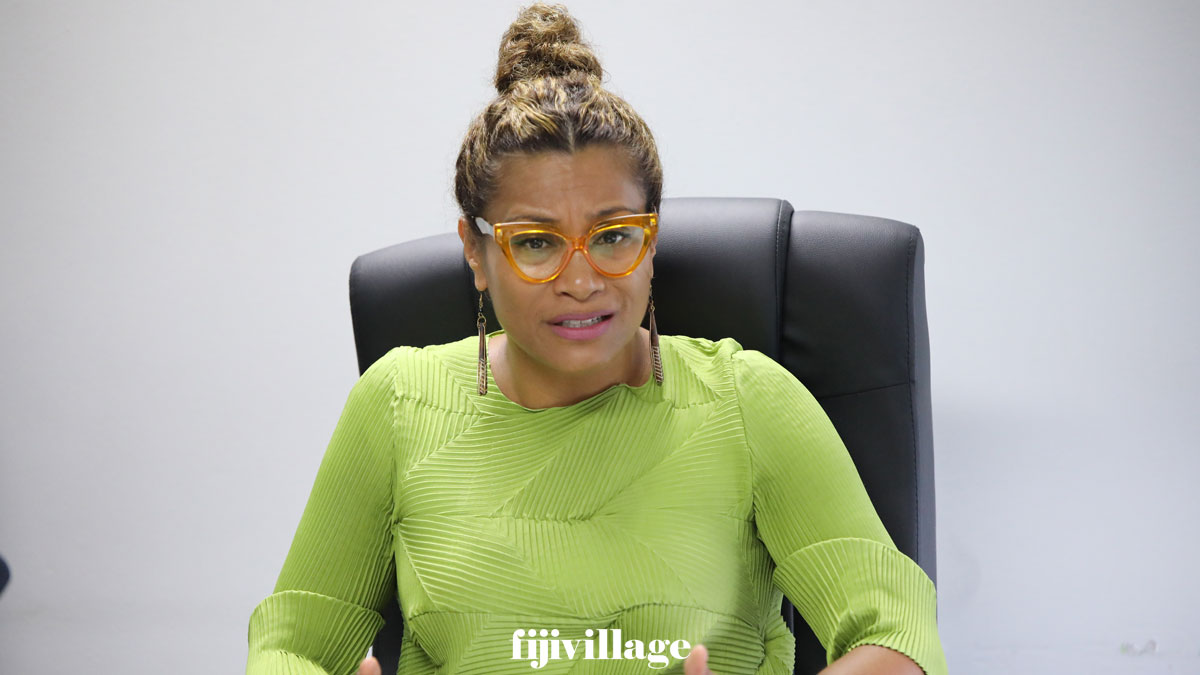
The Ministry of Health recorded 3 new COVID-19 cases ending at 8am yesterday morning.
Of the 3 cases recorded, 1 case was recorded in the Central Division, 1 case was recorded in the Western Division and 1 case was recorded in the Northern Division.
The national 7-day rolling average of cases as of 9th April is 6 daily cases.
In the 7 days until April 12th, 4 new cases were recorded in the Central Division, 23 new cases in the Western Division and 4 new cases in the Northern Division
Meanwhile, in order to ensure the accurate recording of deaths caused by COVID-19, the Ministry’s COVID-19 Incident Management Team carried out an audit of deaths from March 28th to April 1st at Western Division health facilities.
The audit involved a manual search of death records and registers kept at the health facilities.
During the audit, an additional 28 deaths were found to have been recorded within the health facilities but were not reported to the COVID-19 Incident Management Team.
The 28 additional COVID-19 deaths were from the Western Division.
All 28 individuals had died at home and each one had a pre-existing medical condition.
5 deaths occurred during the 2nd wave (the Delta wave) from 12th to 18th August last year.
The remaining 23 deaths occurred from 7th January to 4th March during the 3rd wave.
4 out of the 28 people who died were fully vaccinated, two had received the first dose only, and the remaining 22 were unvaccinated.
None had received a booster dose.
The Health Ministry says the high number of people who died while unvaccinated has followed the prevailing trend during the third wave in Fiji, where unvaccinated adults have now been dying from COVID-19 at a rate 27.2 times higher than the fully vaccinated.
Out of 161 COVID-19 deaths reported in the third wave, 6 deaths were in the population not eligible for vaccination (under 12 years old).
An analysis of the 161 deaths in the vaccine-eligible population reflected, that when adjusted per 100,000 population, for fully vaccinated and unvaccinated or not fully vaccinated, we have a death rate of 10.1 per 100,000 population for fully vaccinated adults and 275.2 per 100,000 population for unvaccinated adults.
The Ministry says this means that unvaccinated adults in Fiji have been dying at a rate 27.2 times higher than fully vaccinated adults.
Individuals in the 12-17 age group who died were not vaccinated. There have been no COVID-19 deaths in individuals who received a booster (3rd dose) of the vaccine.
There have been a total of 862 deaths due to COVID-19 in Fiji.
The Health Ministry says there is a sustained downward trend in daily hospitalizations.
Anyone admitted to the hospital is tested before admission, therefore, a significant number of people are admitted to the hospital for non-COVID health conditions, but incidentally, test positive due to the high amount of transmission in the community.
The number of people being admitted because of COVID-19 remains low.
41 tests have been reported for April 12th, 2022.
The national 7-day average daily test positivity is 4.7%, which is within the WHO recommendation of 5%.

The Ministry of Health says two worksites had reported positive COVID-19 cases in travellers however any potential outbreak was contained mostly due to rapid reporting by the workplace and test site provider and urgent action taken in tandem with Health Ministry teams.
The team has thanked EFL and the medical teams in Tavua and Vunidawa for their commitment to keeping Fiji COVID Safe.
The Ministry says in both instances, the workplace and individuals concerned reflected well the ideals of individuals being responsible for keeping themselves safe with the measures that are available and known to be effective.
The Health Ministry says since the 7th of April and the lifting of the quarantine measures and increased international travel, the community and border surveillance screening data continue to report a low positivity rate despite the ongoing pandemic, and the continued evolution of Omicron variants.
It says the lifting of masking and other mandates, and easing of travel restrictions, is not a sign that the risk of outbreak and resurgence of COVID-19 is over.
The Ministry reiterates the need for each individual to assess their own level of risk and decide to continue to take measures such as masking and physical distancing.
It says for example, they know wearing a mask in public will lower your risk of getting infected, and it is now an individual choice and responsibility that is recommended by the Ministry.
If you are at higher risk of severe disease should you get infected with COVID-19, the Ministry of Health strongly recommends that you continue to wear a mask in public, particularly in crowded indoor spaces.
The Ministry says the promotion of COVID-safe measures will now be pursued similar to how they advise healthy lifestyle measures for the prevention of non-communicable diseases, and how basic hygiene is promoted for the prevention of infectious diseases like typhoid fever.
It says the measures that will continue in terms of prevention are the promotion of vaccination, personal COVID-safe hygiene habits, and workplace ventilation and air cleaning measures.
They recommend everyone continue to employ COVID-safe measures to prevent infection and the spread of infection: Frequently wash your hands or use an alcohol-based hand sanitiser, stay home if you feel sick, cover your mouth and nose with a tissue or the bend of your elbow if you cough or sneeze, wear a mask if you have any signs of a respiratory illness.
They also note the risk of transmission in children under 12 years, and as such they are exploring the option of requiring children under the age of 12 to also undergo pre-departure testing before travelling to Fiji.
Beyond this potential change, the MOH says our border protection will be mediated by the fact that travellers are vaccinated, have a negative pre-departure test, and will be tested in-country with a rapid antigen test.
Stay tuned for the latest news on our radio stations


